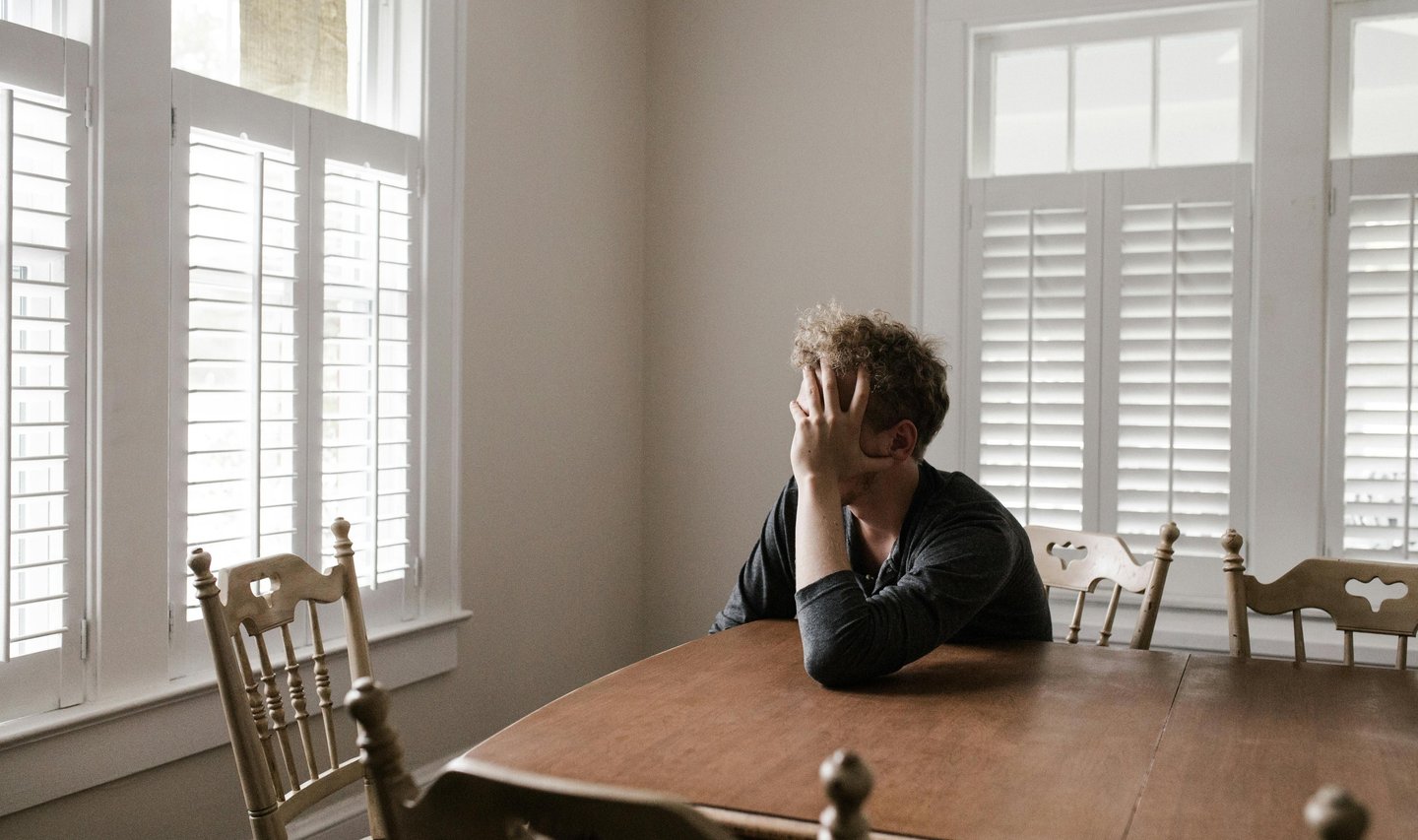For Questions: Text (833)233-0869
Finding Relief: Doctors Who Treat Anxiety Online


Introduction
In today's fast-paced world, anxiety has become a common mental health issue affecting millions of people worldwide. With the advent of technology and telemedicine, seeking help for anxiety has never been easier. One of the most significant advancements in mental health care is the availability of doctors who treat anxiety online. This article explores the benefits, processes, and effectiveness of seeking online treatment for anxiety, providing a comprehensive guide for those in need.
Understanding Anxiety
Anxiety is more than just feeling stressed or worried. It is a severe mental health condition that can manifest in various ways, including generalized anxiety disorder (GAD), panic disorder, social anxiety disorder, and specific phobias. Symptoms can range from constant worry, restlessness, and fatigue to panic attacks, difficulty concentrating, and physical symptoms like increased heart rate and muscle tension.
The Rise of Online Mental Health Services
The rise of online mental health services has revolutionized the way people access care. The convenience, accessibility, and affordability of online therapy make it an attractive option for many. Whether you're dealing with mild anxiety or more severe symptoms, online therapy provides a viable solution to get the help you need without leaving your home.
Benefits of Online Therapy for Anxiety
Accessibility: Online therapy eliminates geographical barriers, making it easier for individuals in remote or underserved areas to access mental health care.
Convenience: Flexible scheduling allows you to book sessions that fit your routine, eliminating the need for travel and waiting rooms.
Privacy: Many people feel more comfortable discussing their issues in the privacy of their own homes, leading to more open and honest communication with their therapist.
Affordability: Online therapy often costs less than traditional in-person therapy, and many insurance plans now cover telehealth services.
How to Find Doctors Who Treat Anxiety Online
Finding the right doctor who treats anxiety online involves a few steps to ensure you receive the best possible care.
Research: Look for licensed therapists or psychiatrists who specialize in anxiety. Websites like Psychology Today, BetterHelp, and Talkspace provide directories of mental health professionals.
Credentials: Ensure the therapist or psychiatrist is licensed and certified to practice in your state or country. Check their qualifications and areas of expertise.
Reviews and Testimonials: Read reviews and testimonials from other patients to gauge the effectiveness and quality of the provider's services.
Consultation: Many online therapists offer a free initial consultation. Use this opportunity to discuss your symptoms, treatment goals, and see if you feel comfortable with the provider.
What to Expect from Online Therapy
Online therapy sessions can take various forms, including video calls, phone calls, and messaging. Here's what you can expect from each type of session:
Video Calls: These are the most similar to traditional in-person sessions. You and your therapist will see each other via a video platform, allowing for real-time interaction and non-verbal communication.
Phone Calls: If video calls are not possible or preferred, phone calls offer a convenient alternative. They provide a level of anonymity that some people find comforting.
Messaging: Some platforms offer text-based therapy, where you can message your therapist throughout the day. This allows for continuous support and can be particularly helpful during moments of acute anxiety.
Types of Therapy for Anxiety
Different therapeutic approaches can be effective in treating anxiety. Here are some of the most common types:
Cognitive Behavioral Therapy (CBT): CBT is one of the most effective treatments for anxiety. It focuses on identifying and changing negative thought patterns and behaviors that contribute to anxiety.
Exposure Therapy: This type of therapy is particularly effective for phobias and panic disorders. It involves gradual exposure to the feared object or situation until the anxiety response diminishes.
Mindfulness-Based Therapy: This approach incorporates mindfulness techniques to help individuals stay present and manage their anxiety.
Psychodynamic Therapy: This therapy explores underlying emotional issues and unresolved conflicts that may contribute to anxiety.
Medication Management: In some cases, medication may be necessary to manage anxiety symptoms. Psychiatrists can prescribe and monitor medications, often in conjunction with therapy.
The Effectiveness of Online Therapy
Numerous studies have shown that online therapy can be just as effective as traditional in-person therapy for treating anxiety. A 2014 study published in the Journal of Affective Disorders found that internet-based cognitive-behavioral therapy (iCBT) was effective in reducing anxiety symptoms. Another study published in 2018 in the Journal of Anxiety Disorders found that online CBT was effective in treating generalized anxiety disorder and panic disorder.
Tips for a Successful Online Therapy Experience
Create a Private Space: Ensure you have a quiet, private space for your sessions where you won't be interrupted.
Be Honest and Open: Effective therapy relies on open communication. Be honest with your therapist about your feelings and experiences.
Stay Consistent: Regular sessions are crucial for progress. Make therapy a priority and attend sessions consistently.
Practice Self-Care: Incorporate self-care practices such as exercise, healthy eating, and relaxation techniques into your routine to support your mental health.
Set Goals: Work with your therapist to set realistic goals for your treatment and track your progress.
Conclusion
Anxiety can be a debilitating condition, but with the right help, it is manageable. Doctors who treat anxiety online offer a convenient, accessible, and effective way to get the support you need. Whether through video calls, phone calls, or messaging, online therapy provides various options to suit your needs and preferences. By taking the first step to seek help, you are on the path to managing your anxiety and improving your quality of life.
If you're struggling with anxiety, consider exploring online therapy. With the guidance of a qualified professional, you can develop coping strategies, work through your fears, and find relief from anxiety. Remember, help is just a click away.
References:
American Psychological Association. (2021). Anxiety.
Journal of Affective Disorders. (2014). Internet-based cognitive-behavioral therapy for anxiety.
Journal of Anxiety Disorders. (2018). Online cognitive-behavioral therapy for generalized anxiety disorder and panic disorder.
